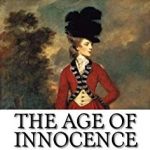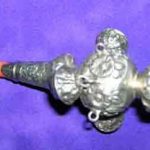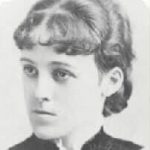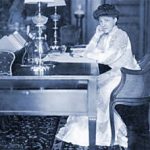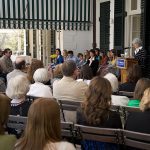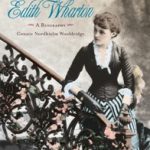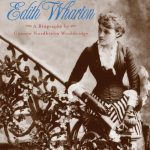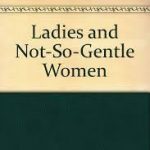A recent Wall Street Journal article takes on a key question raised in Edith Wharton’s 1920 Pulitzer Prize winning novel, The Age of Innocence. She writes it with one foot planted in the sureties of the Edwardian garden party that preceded World War I and the other perched precariously on the shifting ground of the… [Read More]
Edith Wharton Safe at Home – The Mount in Lenox, Massachusetts is a Place Worth Visiting!
When I visit the home of a historical figure, the thing I’m looking for is sense of that long ago human being. I want to feel the very presence of the person, imagine him moving through the rooms, see her puttering in the garden or taking a book off the shelf to read. Edith Wharton… [Read More]
The Haunting Quality of Edith Wharton
In her insightful article “Why Edith Wharton Haunts Us Still,” Anne Kingston speculates about why so many novelists these days are being compared to Edith Wharton. As Kingston observes, we’ve never stopped being obsessed by the very wealthy or by people trying to claw their way up the social ladder and Wharton is the master… [Read More]
The Writing Mind of Edith Wharton
The Atlantic magazine neatly bookended Edith Wharton’s writing life. It was in the pages of that prestigious journal that, in 1880, her first poems appeared in print. In 1933, four years before her death, that same journal published an article entitled “Confession of a Novelist” in which Wharton looked back over her prolific writing career… [Read More]
Edith Wharton Teaches English
As I mention in my biography (pp. 66-67), an early short story Edith Wharton wrote called “The Line of Least Resistance” caught the eye of Henry James, a writer she was dying to meet. It was the beginning of a long friendship between “The Master” (as James was known) and the up-and-coming Edith. That same… [Read More]
A Thoroughly Dislikable Character
Undine Spragg was one of the most dislikable heroines Edith Wharton ever created. This social “swell,” star of the novel, The Custom of the Country, ruthlessly trampled over family, friends, and enemies alike in her quest to rise as far as possible above her humble Apex, Kansas roots. There was hardly a redeeming word to… [Read More]
A Quiet Rebel
Edith Wharton was my kind of rebel: A quiet, well-behaved one. She tended to take practices that were rigidly defined by the Victorian society in which she grew up (entertaining, decorating, traveling, learning, gardening) and “rewrite”them according to her own specifications. In a recent issue of Slate Magazine, Kate Bolick takes a close look at… [Read More]
Edith Wharton Scorned
The 2002 book Hell Hath No Fury, edited by Anna Holmes, is a collection of letters written by women at that excruciating, pathetic, heartbreaking, spent, disgusted, disillusioned moment when an affair is ending. Included in the contents, under the heading “The Silent Treatment,”is a 1910 letter from Edith Wharton to her lover, Morton Fullerton, who… [Read More]
Ladies and Not-So Gentle Women by Alfred Allan Lewis Reviewed by Connie Nordhielm Wooldridge
Ladies and Not-So-Gentle Women;Elisabeth Marbury,Anne Morgan, Elsie de Wolfe, Anne Vanderbilt, and Their Times by Alfred Allan Lewis. Penguin, 2000. 540 pages; $18.00 (paperback). Reading level: adult. Four big-spending Gilded Age women would seem to have nothing to contribute to the rough and tumble politics of women’s rights near the turn of the 20th century. … [Read More]


